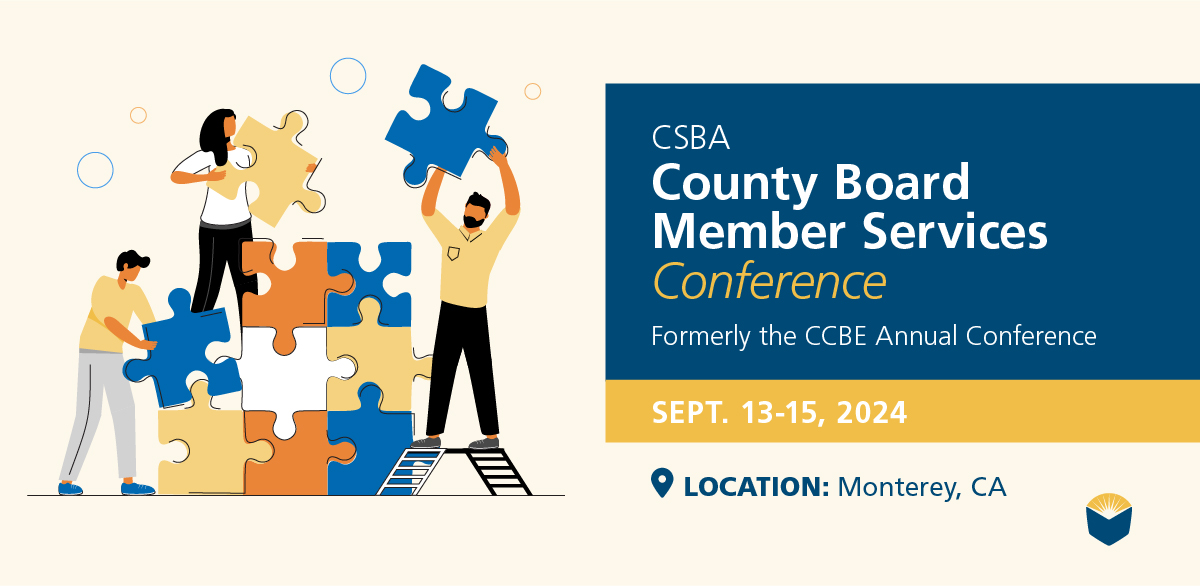by Betsy Schulz
In the 1970s, I began my teaching career at the Emiliano Zapata Street Academy, a small public high school in Oakland founded to help academically at-risk students of color graduate.
Inspired by school’s values and the Civil Rights movement, I signed on as a teacher because I felt the school enabled me to merge the personal with the political, as well as make a real difference. More than 40 years later, I am still here and the resilience of its unique curriculum in the face of many changes in education makes the future look equally promising.
Oakland’s original “small school” with just over 100 students, the Street Academy’s personalized approach has helped reduce the achievement gap and develop rewarding relationships with students in different ways.
The Street Academy — part of a generation of innovative urban schools inspired by the Parkway Program in Philadelphia such as the School Without Walls in Washington, D.C. — provides a ready example of an urban public school committed to providing a nurturing environment for students from diverse social and economic backgrounds (85 percent of its students qualify for free or reduced price lunches). Operating on minimal funds, the school stresses social justice, small learning communities, and active participation of teachers and staff in the day-to-day running of the school. This includes:
- counselor/teacher/mentors that serve as an academic teacher and also a counselor and mentor for about a dozen to 20 students. Along with teaching classes, staff regularly check-in with parent or guardians on students’ progress.
- a political action requirement, with students needing to complete 60 hours to graduate.
- a community service requirement, also requiring 60 hours to graduate.
- a college and internship readiness coordinator to help students navigate college requirements and financial aid, and organize guest speakers, career fairs and internships.
- a social justice curriculum that includes African American and La Raza studies, and a biology/physiology unit on diabetes in which students look at not only the biology of diabetes but the social forces that contribute to its prevalence in communities of color.
- a restorative justice approach with all Street Academy staff are now trained in restorative justice, through which students who break the rules make restitution by improving the school community rather than being punished
- a transformative life skills approach using Nairobi yoga to teach students to focus and d practice focusing on positive thoughts and engaging in school work.
- a class for all new students that helps them to learn the values of the school and to think about their own educational histories.
- a dynamic set of electives with options not often available to urban students including guitar and sailing.
Betsy Schulz retired after 42 years of teaching biology at the Street Academy, and now serves on the Street Academy Foundation Board.





